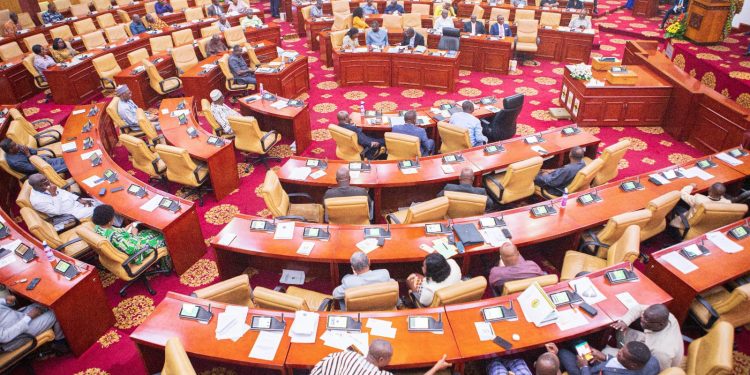The Growth and Sustainability Levy Bill, 2022, the Ghana Revenue Authority Bill, 2022, and the Income Tax Amendment Bill, 2022 have all been approved by parliament, despite heavy opposition by the minority. Before the voting, George Ricketts-Hagan, MP for Cape Coast South, declared the minority caucus’ resolve to oppose the measures as a forceful warning to the government that it cannot be careless with its spending and expect Ghanaians to foot the cost.
As part of the mobilization of domestic revenue, the government’s tax bills submitted to Parliament aim to bring in roughly 4 billion Ghanaian Cedis yearly.
Additionally, the bills are essential in helping the government facilitate the Board Approval for the $3 billion International Monetary Fund (IMF) Programme staff-level agreement.
The Public Utilities Regulatory Commission’s (PURC) tariff adjustment, the publication of the Auditor-Report General’s on COVID-19 spending, and the onboarding of the Ghana Education Trust Fund (GETFund), District Assemblies Common Fund (DACF), and Road Fund on Ghana’s integrated financial management information system are all actions taken by the government to comply with the IMF’s requirements in order to be eligible for a bailout (GIFMIS).
Due to the closure of the domestic and foreign bond markets, the government must rely on Treasury Bills and concessional loans as its main sources of funding for the fiscal year 2023.
In justifying the introduction of the new bills, the government argued that the taxes are essential for overcoming the current economic crisis.
































